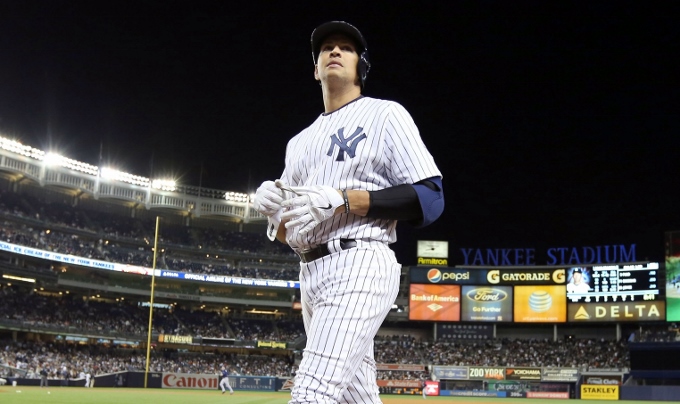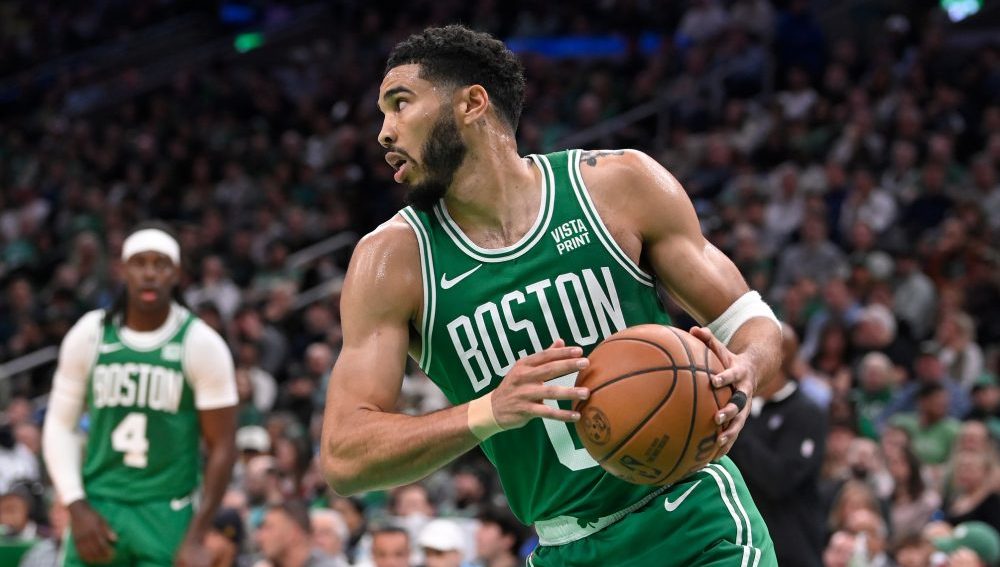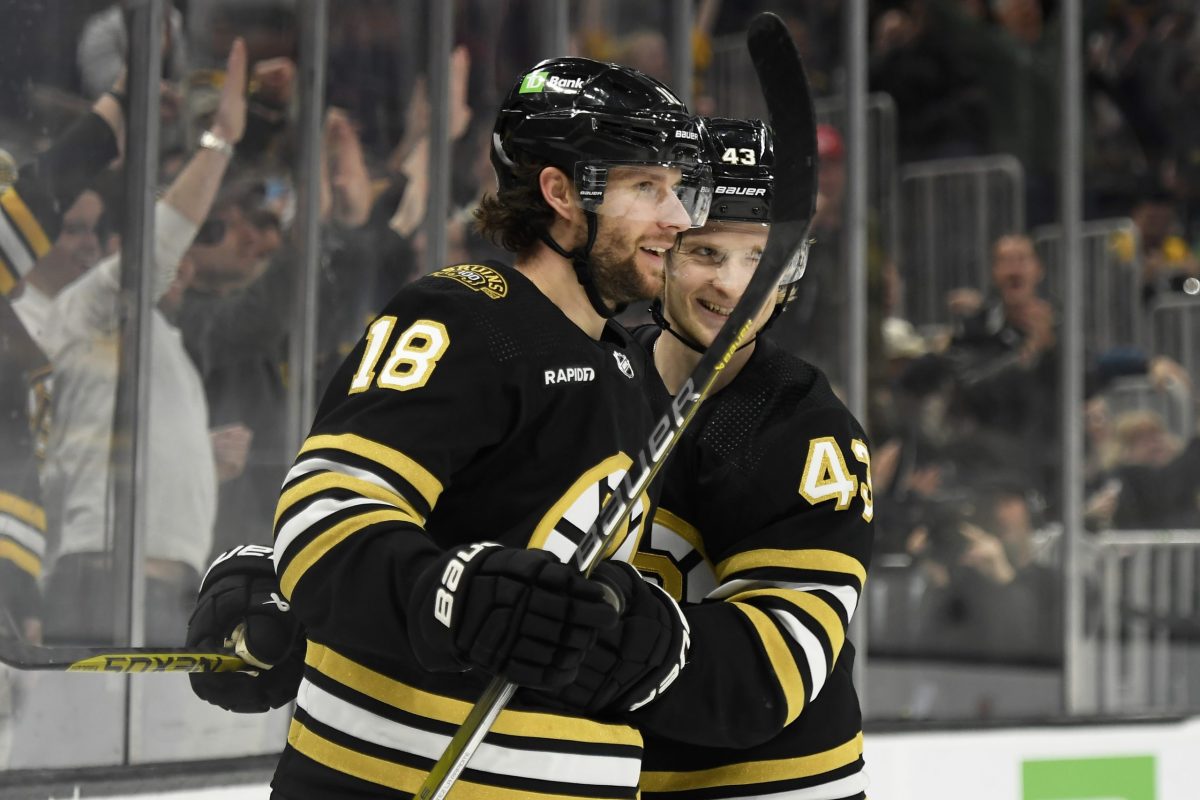Sunday night's 60 Minutes segment about Alex Rodriguez's alleged PED use didn't really break MLB's case against Rodriguez wide open. In fact, I think it had the opposite effect. Instead of turning even more public opinion against Rodriguez, he came out as the best of a crew of unsavory characters in the story, while Anthony Bosch, Rob Manfred, Major League Baseball, and even 60 Minutes reporter Scott Pelley came out of the report looking much worse than they did going in.
Pelley's performance during the segment was embarrassing. He took everything that Bosch and Manfred said at face value, didn't follow up on anything, and missed asking some pretty basic questions. Why, when Bosch was talking about how his supplements wouldn't trigger positive test, did Pelley not ask about the FOUR Bosch clients (Bartolo Colon, Melky Cabrera, Ryan Braun, and Yasmani Grandal) that failed drug tests and earned suspensions? What was his obsession with Bosch destroying the integrity of the game when it was blatantly obvious that the only things Bosch cared about were money and himself? Why was there no investigation about just how seedy of an individual Bosch was?
Speaking of Bosch, what's his end-game here? He participated with the MLB investigation so the league would drop a lawsuit against him. Maybe I'm just being a little naive here, but wouldn't he just say whatever the hell MLB wants him to so they won't pursue that lawsuit?
Of course, Manfred's logic about "looking into his eyes" and knowing Bosch was telling the truth was just as laughable – during Rodriguez's now legendary interview with Mike Francesa in November, I saw a lot of conviction in his eyes. What separates him from Bosch in that regard? Oh, right – MLB isn't trying to nail Bosch to the wall as the prized victim of their drug policy.
Back to Pelley for a moment. When Manfred talked about buying evidence that implicated Rodriguez, why did that get a free pass? Why weren't there any questions about former Biogenesis employee Porter Fischer's allegations that two days after turning down MLB's money, some of the documents were stolen from his car?
The 60 Minutes piece on Rodriguez seemed more like a puff piece for MLB – which makes the conclusion of the piece that much more humorous. As Pelley was talking about Bud Selig's impending retirement, he mentioned Selig's legacy – the toughest anti-doping policy in sports. You know, the toughest anti-doping policy in sports that couldn't catch Alex Rodriguez despite nabbing several other players that were clients of Bosch. It didn't make any sense – in one breath, the stringent nature of the policy was being touted, while in the next, Bosch was talking about manipulating the system for Rodriguez to pass tests.
60 Minutes is a brand that has been around for nearly half a century, but in recent years, its qualify has become diluted and its reputation tarnished. The Rodriguez story simply added more fuel to the fire – it flaunted sloppy, one-sided journalism that served as more of a commercial for MLB's anti-doping policy than an actual examination of Rodriguez's alleged PED use over the years. After watching the segment, I came out of it with a lesser opinion of Bosch (which didn't even seem possible coming in), Manfred, MLB as a whole, Pelley, and (to a lesser extent) Rodriguez, who had so many accusations tossed at him that some of them had to be true.
What did we learn from the 60 Minutes report? Well, not much of anything, really. Nearly any major revelation that came out of this story could be posted on Twitter with the highly sarcastic captions "big, if true" or "BREAKING", and I would have had an identical reaction to when I heard them on Sunday night.








Comments are closed.